
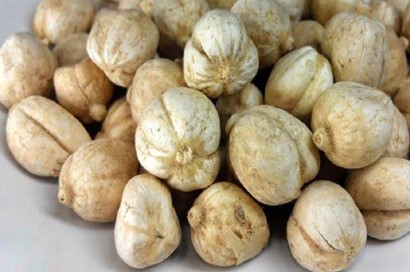
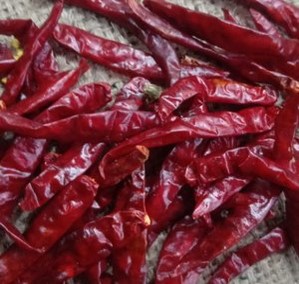
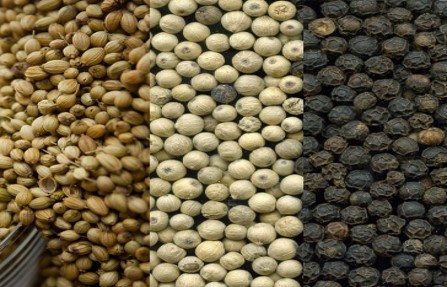
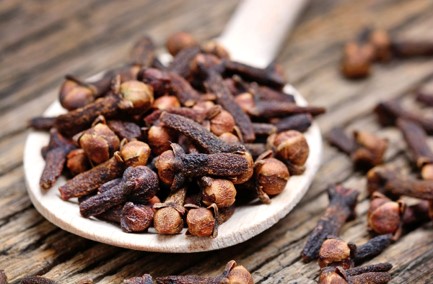
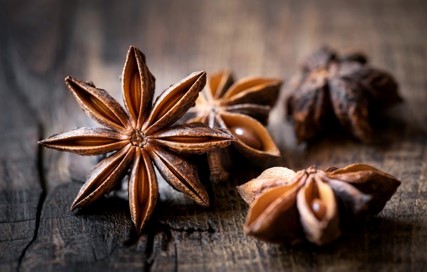

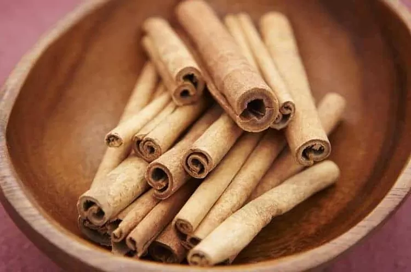
Farmers affiliated with us own land on which to grow a variety of spices. We produce the best seasonings and have exported them to many countries. In addition to whole seasonings, we produce high-quality powdered seasonings.
Seasoning powder is very useful in modern life. Powdered seasonings can make the preparation of certain foods easier, such as fried chicken, fried prawns etc.
Spices have been an essential part of human history for thousands of years. From ancient times to the present day, these aromatic and flavorful ingredients have been used in cooking, medicine, perfumes, and even as currency. The importance of spices cannot be overstated, and their impact on human culture and society is immeasurable.
The use of spices can be traced back to ancient times, with evidence of their use found in the archaeological record. Some of the earliest known spices include black pepper, cinnamon, and ginger, which were highly prized and sought after by traders from all over the world. In fact, the spice trade played a significant role in the development of ancient civilizations, as it allowed for the exchange of goods and ideas across vast distances.
One of the most famous spice routes was the Silk Road, which connected China to the Mediterranean. This trade route was used for centuries to transport spices, as well as silk, porcelain, and other luxury goods. It allowed for the exchange of ideas and technology between different cultures, and helped to shape the world as we know it today.
Spices have also played a significant role in the development of cuisine. In many cultures, spices are used to add flavor and complexity to dishes, and to create unique and memorable flavor profiles. Some of the most popular spices used in cooking include black pepper, cumin, coriander, turmeric, and chili peppers. These spices are used in a variety of dishes, from curries and stews to soups and sauces.
In addition to their culinary uses, spices have also been used for medicinal purposes for thousands of years. Many spices have anti-inflammatory and anti-bacterial properties, and can be used to treat a variety of ailments. For example, ginger is often used to treat nausea and inflammation, while turmeric is believed to have anti-inflammatory properties that can help to reduce the risk of chronic diseases such as cancer and heart disease.
Spices have also played an important role in religious and spiritual practices. Many ancient religions, including Hinduism and Buddhism, incorporate the use of spices in their rituals and ceremonies. Spices are often used to create incense and other aromatic substances that are believed to have spiritual and healing properties.
In addition to their cultural and historical significance, spices are also big business. The global spice market is worth billions of dollars, and includes everything from large-scale commercial producers to small-scale artisanal farmers. The industry is highly competitive, with producers vying for market share by offering high-quality, unique, and sustainably sourced products.
One of the biggest challenges facing the spice industry today is the issue of sustainability. Many popular spices, such as black pepper and cinnamon, are grown in regions where deforestation and other environmental issues are a major concern. In addition, the spice trade can be exploitative, with farmers and workers often receiving low wages and working in unsafe conditions.
To address these issues, many companies are now focusing on sustainable sourcing and fair trade practices. This includes working directly with farmers and producers to ensure that they are paid fairly for their labor, and that their products are grown in an environmentally responsible way. In addition, many companies are now investing in new technologies and practices that can help to reduce waste and improve efficiency in the production process.
Despite the challenges facing the spice industry, there is no doubt that spices will continue to play a significant role in human culture and society. From their use in cooking and medicine to their importance in religious and spiritual practices, spices are an essential part of our world. As we move forward into the future, it is important that we continue to value and protect these precious ingredients, and work to ensure that they are sustainably sourced and fairly traded.